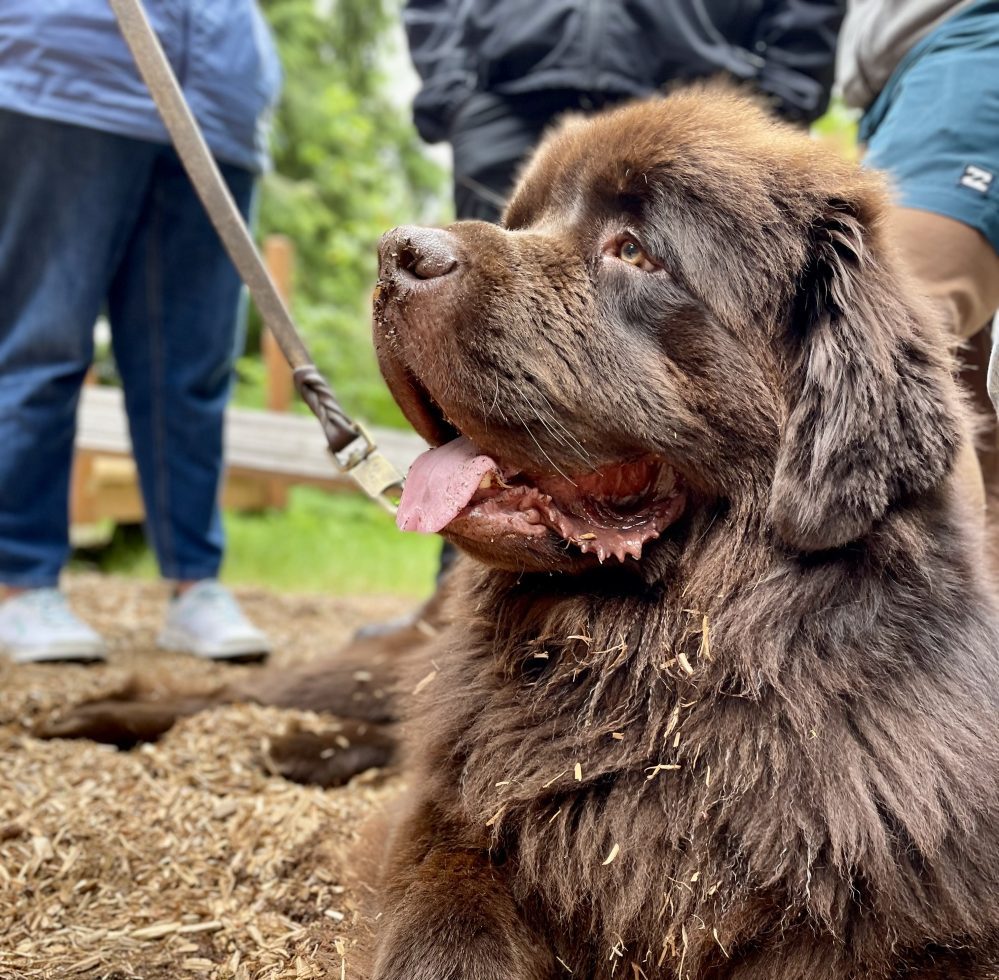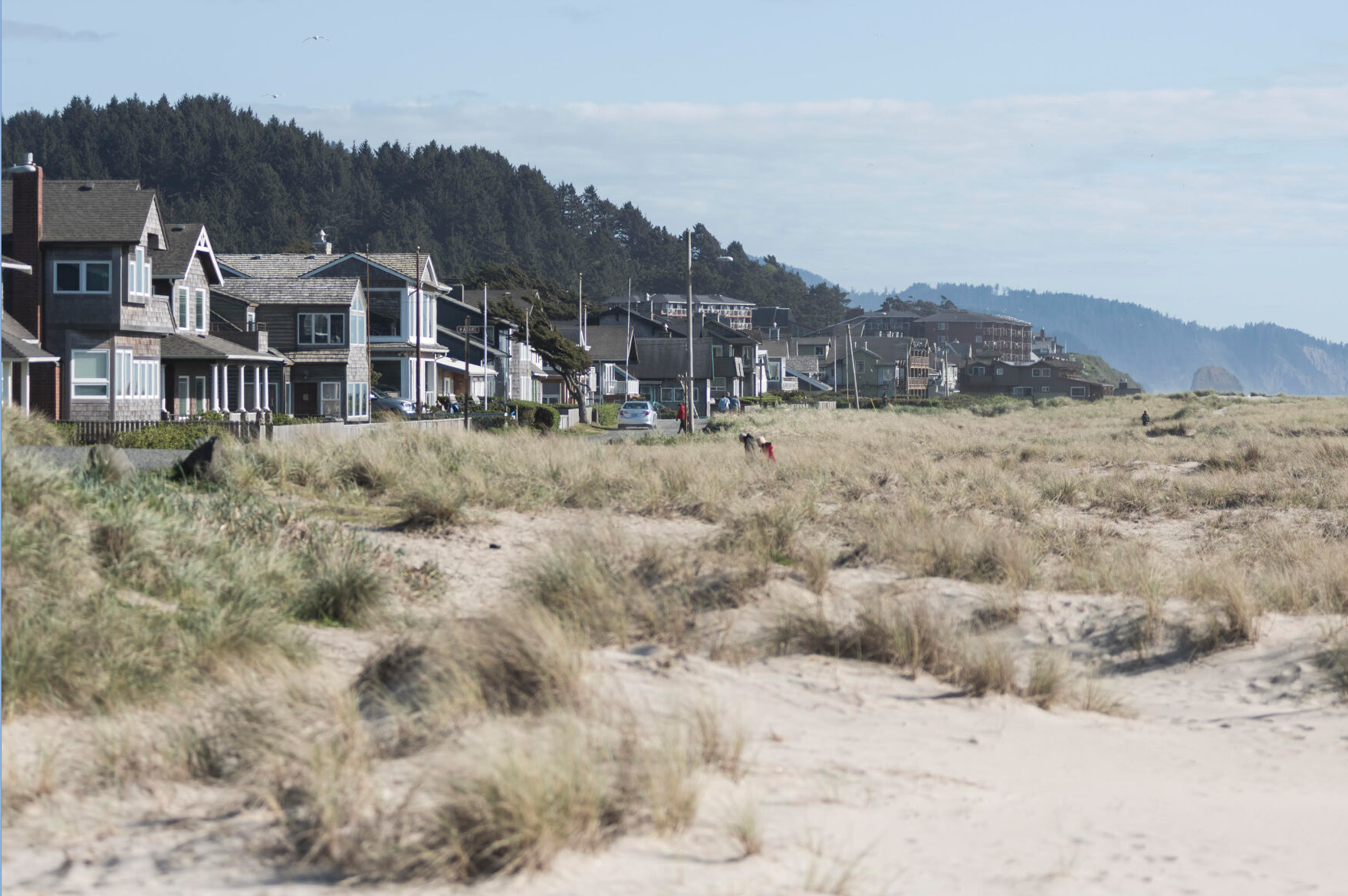IN THE GARDEN: Feathered friends deserve kindness
Published 4:00 pm Tuesday, December 23, 2003
Please be kind to birds.
Trending
Your efforts can run from rolling pine cones in peanut butter and seed and hanging them on branches to finally putting a bell on your cat’s collar. Or maybe you would choose to participate in one of Oregon and Washington’s many Christmas Bird Counts. The birds will appreciate it.
Just think of what birds do for our gardens. The insect-eating birds such as woodpeckers, chickadees and nuthatches take care of an abundance of insects that otherwise might overrun our plants. The seed, fruit and nut-feeding birds, such as finches and grosbeaks, play a crucial role in nature as they eat and pass seeds to propagate new plants.
If you enjoy birds that flock to a feeder, certainly don’t stop feeding them in winter. The birds will start to look for it. Try to locate the feeders in sheltered areas, out of the prevailing wind and driving rain. This keeps the birds warmer and their food drier. A good choice would be a site just a few feet away from protective shrubs or trees.
Trending
The Cornell Lab of Ornithology, one of the leading wild bird research centers in the country, recommends black oil sunflower seed as the best seed to feed a diverse group of birds, including chickadees, nuthatches, finches, grosbeaks, sparrows, blackbirds, jays and woodpeckers. Black oil seed is less expensive when purchased in quantity. Store the seed in a tight, waterproof container.
Meanwhile, the insect-eating birds such as woodpeckers, chickadees and nuthatches also like suet in the wintertime. Wire the suet to trees or place suet in mesh onion bags or wire baskets, or press them into holes in a small log. Ground feeding birds, such as juncos, sparrows, towhees and mourning doves, prefer cracked corn placed on an elevated tray.
The Wild Bird Shop in Cannon Beach also recommends the black oil sunflower seed for most of the common species that we might see in our feeders. The folks there offer advice on their Web site, www.wildbirdshop.com, for dealing with Stellar’s jays, the dark blue bird with the fancy black crest on its head – offer them unsalted peanuts in the shell to divert them from your feeder, if they are causing a commotion. On a humorous note, the shop’s staff suggests koi – “expensive ones” – as the food of choice for Great Blue Herons.
If you are interested in being involved in a Christmas Bird Count, you might want to learn a little history. The Audubon movement started several hundred years ago to protest the slaughter of birds for women’s hats. Christmas bird hunts, during which birds and other creatures were indiscriminately killed in an effort to see which hunter could come away with the most animals, also came to the attention of the Audubon Society. Supporters countered the hunts with the first Christmas Bird Count in 1900, a way to monitor avian populations.
Records have been kept each year and have proved valuable for scientific research.
The CBC is now in its 103rd year and takes place all over the country during a two-week period around Dec. 25. Inexperienced birders are paired with experienced counters for the day-long event.
In the Astoria area, CBCs were held the week before Christmas this year, but there is a Wahkiakum County event (with Oregon and Washington sites) on Tuesday, Dec. 30. Oregon counters, who will cover Brownsmead, Knappa and Cliffton-Bradwood, need to gather at 7 a.m. at the Logger Restaurant in Knappa. Washington counters, who will chart birds in Skamokawa, Puget Island and other Wahkiakum County spots, should meet at 7 a.m. at the Skamokawa Center. Andrew Emlen, the count’s organizer, hopes to find about 110 species during the event. For counters who want to participate by kayak, the Skamokawa Center will provide boats to experienced paddlers. For more information, call Emlen at (360) 795-8009.
To learn more about CBCs throughout Oregon and Washington, check the Portland Audubon Society Web site, www.audubonportland.org, or call the society’s Christmas Bird Count compiler, John Halsell, (503) 292-4917. His email address is attorneyhalsell@earthlink.net
One interesting option you might want to consider is participating in the count by monitoring your bird feeder. The society can tell you more about that.
Cathy Peterson belongs to the Clatsop County Master Gardener Association. “In the Garden” runs weekly in Coast Weekend. Please send comments and gardening news to “In the Garden,” The Daily Astorian, P.O. Box 210, Astoria, OR 97103 or online to peterson@pacifier.com









